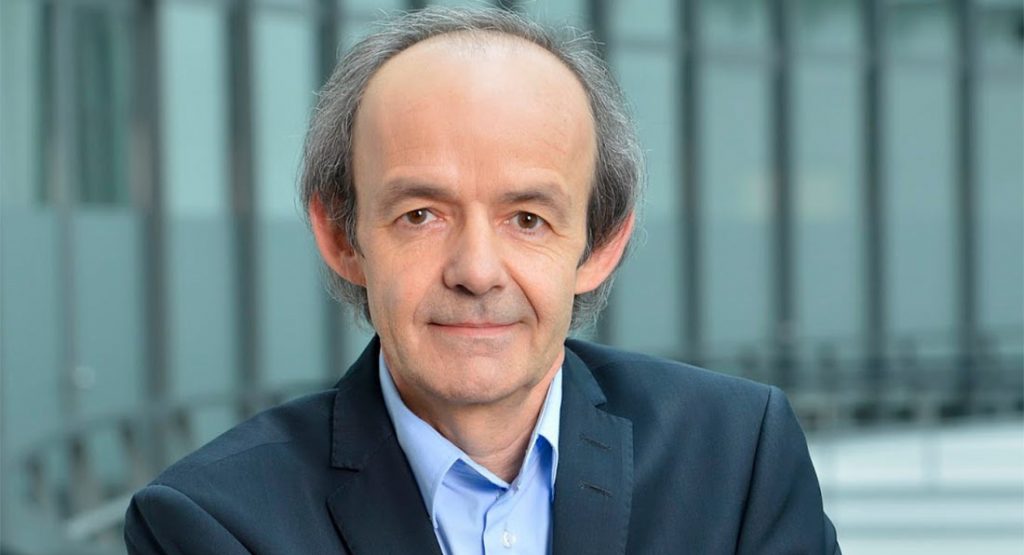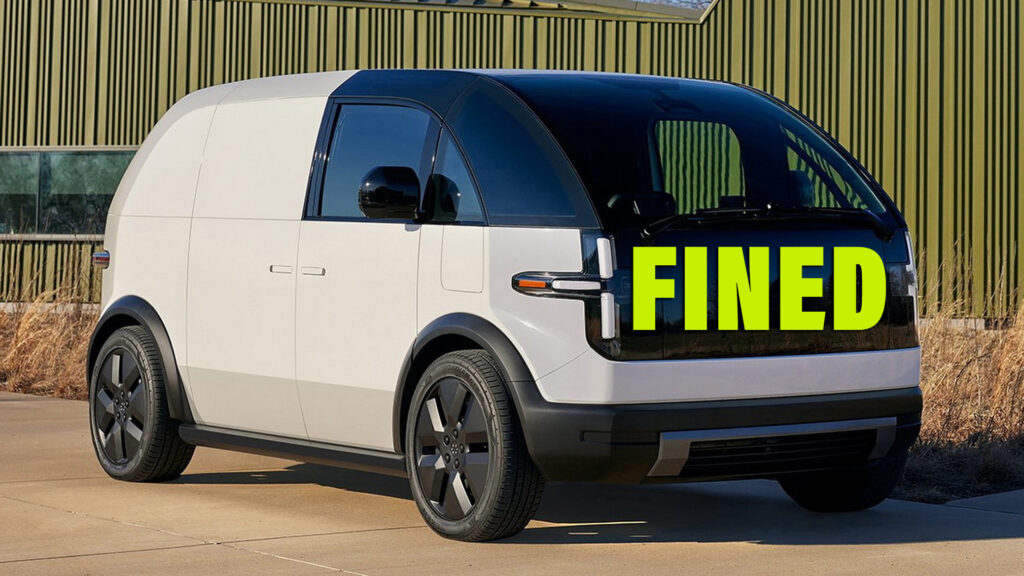Canoo is one of several EV startups that has failed to live up to its promise, and it’s the company’s promised revenue figures that have landed it, and its former execs, in trouble with the Securities and Exchange Commission.
The firm itself has already agreed to settle a court case with the SEC for $1.5 million, and now two former senior board members have had their wrists slapped over their role in what the Commission described as the “unreasonable revenue projections” it dished out to investors.
Multiple outlets reported late last week that the SEC had filed a suit against Canoo’s former CEO Ulrich Kranz and ex-CFO Paul Balciunas. The suit alleges that both men told investors that Canoo would generate $120 million in 2021 and $250 m in 2022, numbers that the SEC says were entirely unrealistic, a fact both men knew. Canoo’s stock fell by over 20 percent in spring of 2021 when it announced that it wasn’t after all going to hit those revenue targets. From a high of $20.28 when the company went public in December 2020, shares have sunk to just 60 cents at the time of writing.
Related: Canoo Delivers The Electric CTVs That Will Transport Astronauts To Launch Pad To NASA

The suit also accuses Kranz, who in a past life was a key figure in the development of the BMW i3 before moving to Faraday Future and then Canoo, and who is now employed at Apple, of failing to disclose more than $900,000 of income he received from two investors to stay with the firm.
Reuters now says that both men have settled with the SEC. It reports that Kranz has agreed to a ban on serving as an officer or director of a public company for three years, and Balciunas for two years, which might make things tricky for Kranz’s Apple gig. Reuters also says Kranz will pay a $125,000 fine, while Balciunas will hand over $50,000 as well as return $7,500 in profits.




